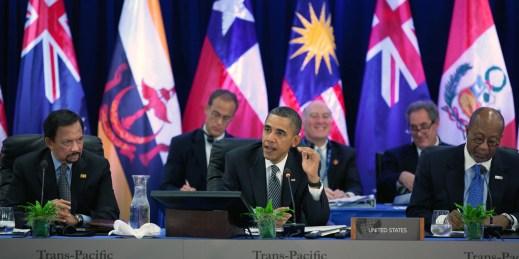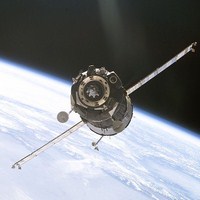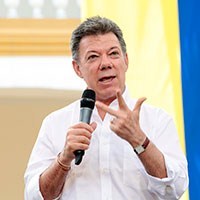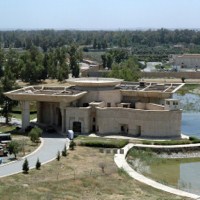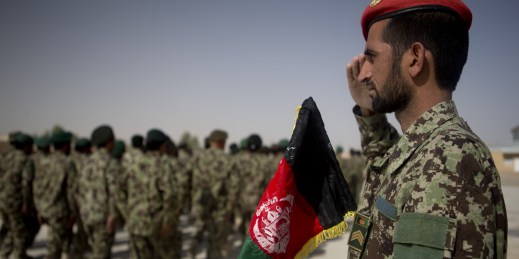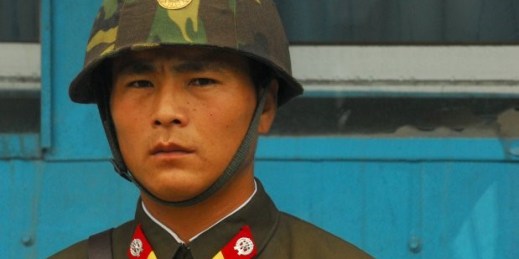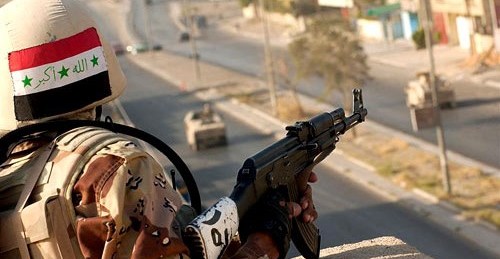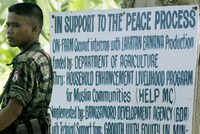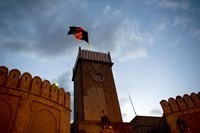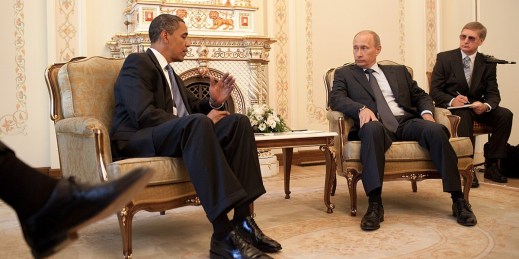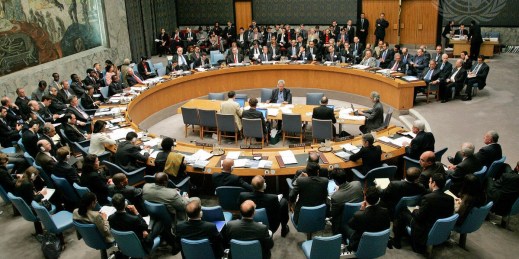
The 2003 Iraq war split the Security Council, but the United Nations ultimately sustained only limited long-term damage from the incident. In the 11 years since the fall of Saddam Hussein, the council has passed over 600 resolutions on issues ranging from Iran’s nuclear program to African conflicts. Now the U.N. faces another war in Iraq, at a time when its overall credibility may be in greater danger than it was in 2003. The Security Council has played an exceedingly minor role during the past month’s crisis in Iraq. After the forces of the Islamic State of Iraq and Syria […]





